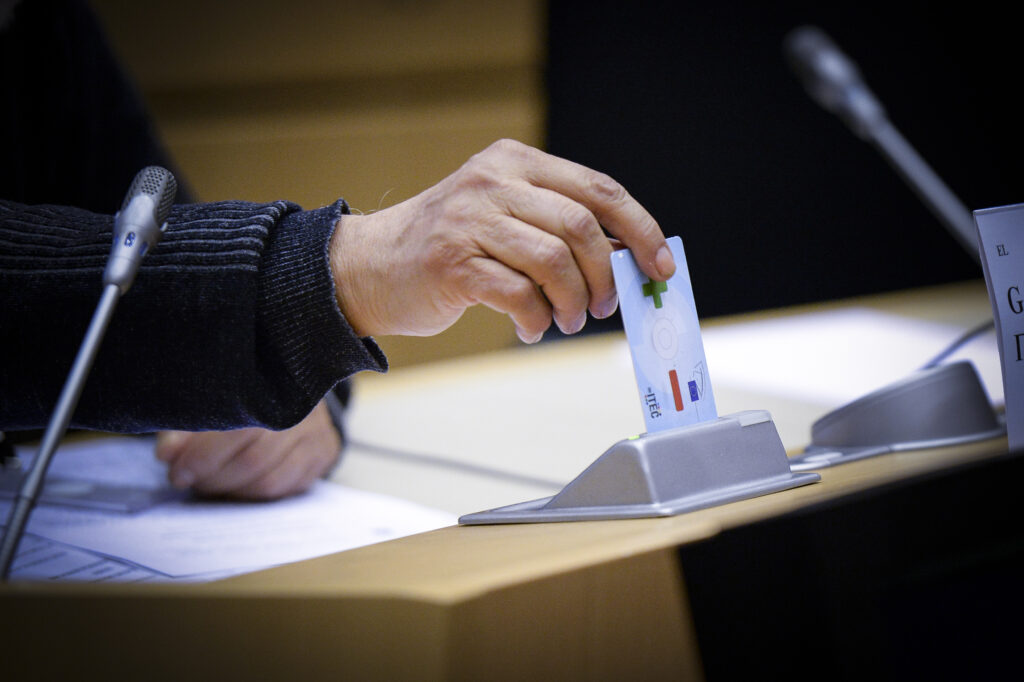A step in the right direction on biofuels policy, but more is needed
European Parliament’s ITRE Committee votes to preserve a key role for crop-based biofuels
BRUSSELS, 13 July 2022 – The European Parliament took a positive step today on EU renewable energy policy as ITRE Committee members voted decisively in favour of increasing the ambition for GHG emissions reduction in transport and allowing Member States to continue using a limited amount of crop-based biofuels in their transport energy mix.
The ITRE position – adopted by a vote of 54 in favour, 14 against, 6 abstentions – largely maintains the framework for crop-based biofuels as proposed by the European Commission, with a crop cap set at each Member State’s 2020 final consumption of energy in transport, allowing +1% flexibility with a maximum of 7%.
“ITRE members signalled that sustainably produced crop-based biofuels such as renewable EU ethanol do play an important role in transport decarbonisation – today and tomorrow,” said David Carpintero, Director General of ePURE, the European renewable ethanol association. “This will certainly contribute more to EU transport decarbonisation than the position taken by the ENVI committee, which would create a gap in the transport energy mix that would have to be filled by imported fossil fuel.”
Added Carpintero, “Now it will be up to the full European Parliament to decide in plenary in September on a final position. With so much at stake on the issues of EU energy independence, food security and climate change, it is clear the Parliament needs to recognise the potential of sustainable crop-based biofuels as an important component of EU renewable energy policy until 2030 and beyond.”
The GHG emission-reducing performance of EU renewable ethanol is significant and keeps improving every year, to the current level of 76.9% on average compared to fossil fuel. Importantly, ePURE members’ biorefineries in the EU produced more animal feed than fuel that year – simultaneously creating food, feed and renewable fuel while boosting rural economies and providing secure and affordable energy.
--ends--
